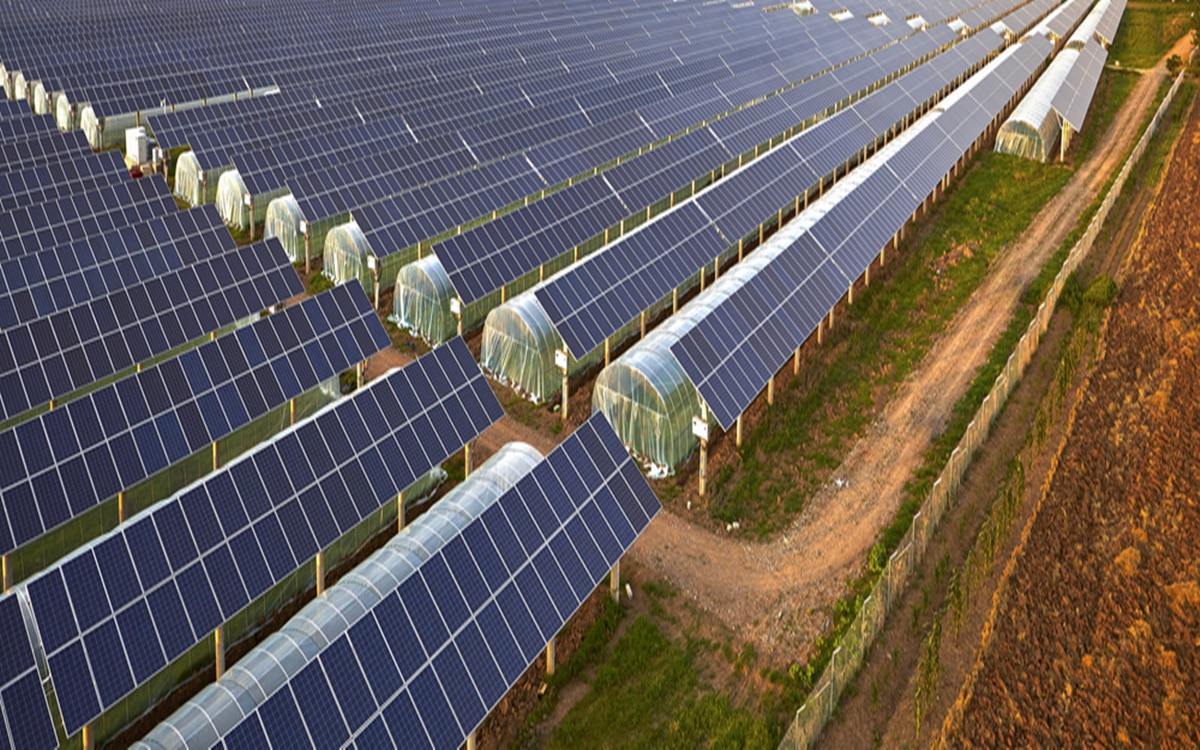One of the most serious environmental issues of our day is climate change. Burning fossil fuels like coal and oil releases greenhouse gases into the atmosphere, which trap heat and cause temperature rise, sea level rise, and extreme weather conditions.
But fortunately, solar energy is a cleaner source of energy which can help us combat climate change and as a clean & renewable source of energy offers a perfect alternative to fossil fuels.
In this blog post, we will explore three major reasons to use solar energy and how and get to know how it benefits us in fighting climate change.
The Environmental Benefits of Solar Energy
1. Solar Energy Reduces Carbon Emissions
Eliminating carbon emissions is one of solar energy’s primary environmental advantages. Burning fossil fuels like coal and oil releases greenhouse gases like carbon dioxide into the atmosphere. These gases act as heat traps and have an impact on global warming. On the other hand, solar energy generates power without the release of any greenhouse gases like carbon dioxide or other harmful gases.
By using solar power, we can reduce our reliance on fossil fuels and help combat climate change. Battery manufacturers in India, such as Fuze, have been working to develop lead acid batteries that are compatible with solar panels, making it easier and more accessible for homeowners and businesses to make the switch to solar energy.
2. Solar Energy Reduces Water Consumption
Operating fossil fuel power plants to generate electricity generates a lot of heat which needs a large amount of water to cool their systems. On the other hand, generating electricity using solar energy doesn’t require any water, which is again a significant benefit to the environment, dealing with other environmental concerns of water shortage.
This is especially a game changer for water-stressed regions, where water is a precious and limited resource. By switching to solar energy instead of fossil fuels, we can save water and make sure there is enough water to meet the requirements of people, agriculture, and ecosystems .
3. Solar Energy Reduces Air Pollution
Solar energy assists in reducing air pollution as well as carbon emissions. Many harmful gases, such as sulphur dioxide, nitrogen oxides among others are released by fossil fuel power plants. All of these pollutants have proven to be harmful to human health and play a crucial role in respiratory issues, heart disease, and other illnesses.
Solar energy, on the other hand, generates electricity without any pollution. We can lower the quantity of air pollution in our cities and improve public health by employing solar electricity.
In conclusion, Several environmental benefits of solar energy may help in the fight against climate change. Solar power is a clean and renewable alternative to fossil fuels that can contribute to the development of a more sustainable future for all by lowering carbon emissions, preserving water, and reducing air pollution.
Moreover, Battery manufacturers in India, like Fuze, are working continuously to manufacture batteries that are not only compatible with

